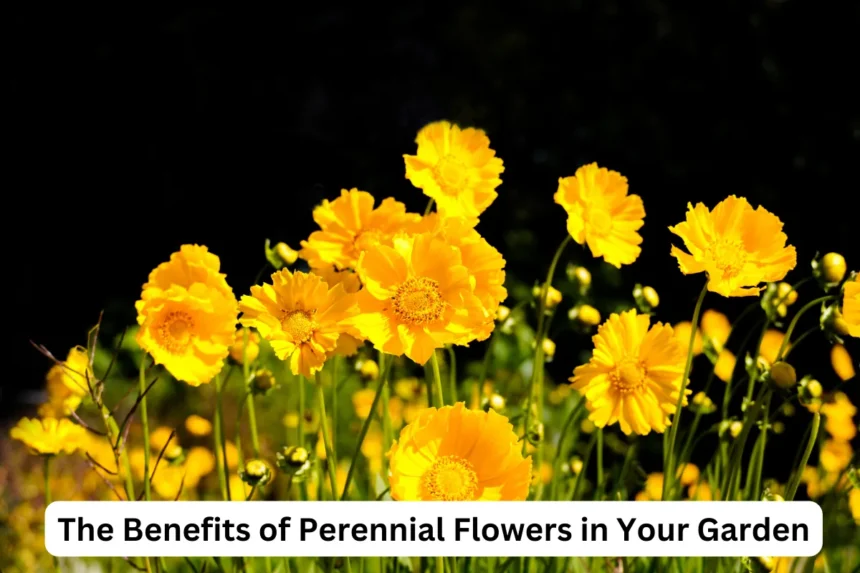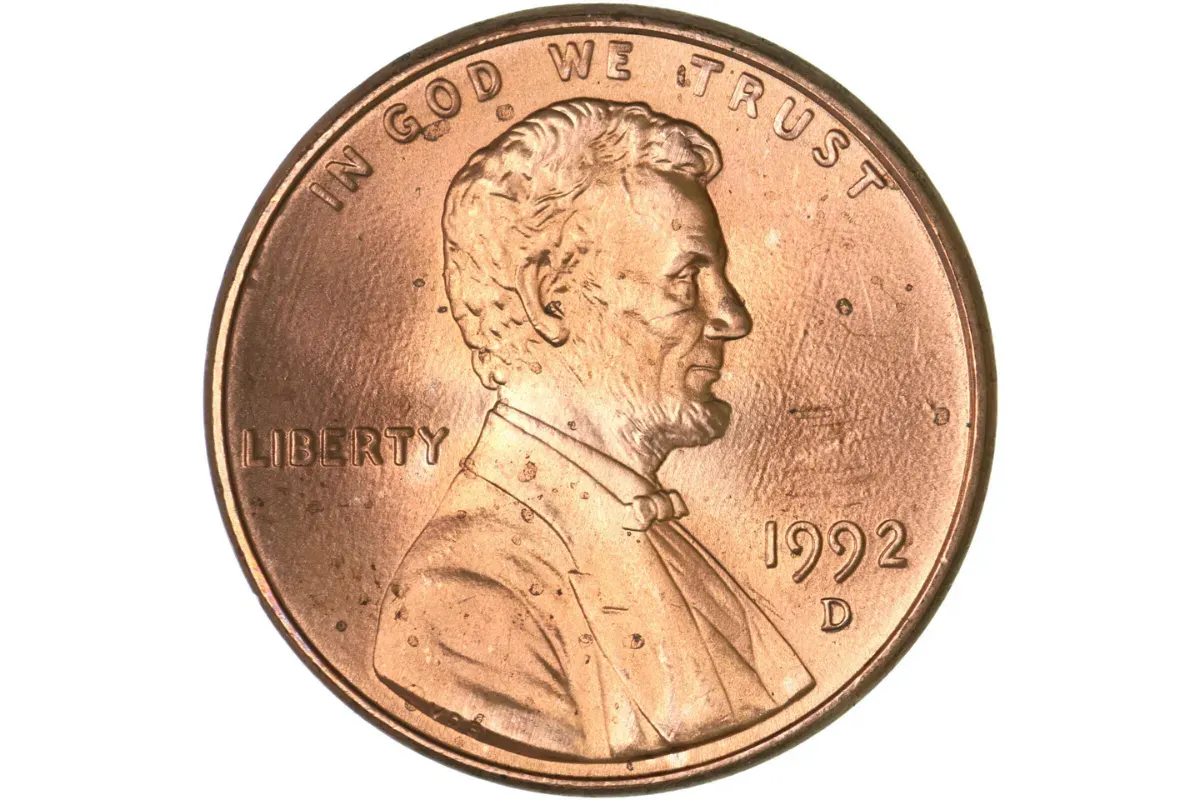Perennial flowers are cherished by gardening enthusiasts and nature lovers alike for their essential role in creating vibrant, sustainable gardens.
Unlike annuals that need replanting each year, perennials offer numerous benefits that appeal to both novice and experienced gardeners.
heir resilience, environmental advantages, aesthetic charm, and cost-effectiveness contribute significantly to enhancing garden landscapes.
Longevity and Ease of Care
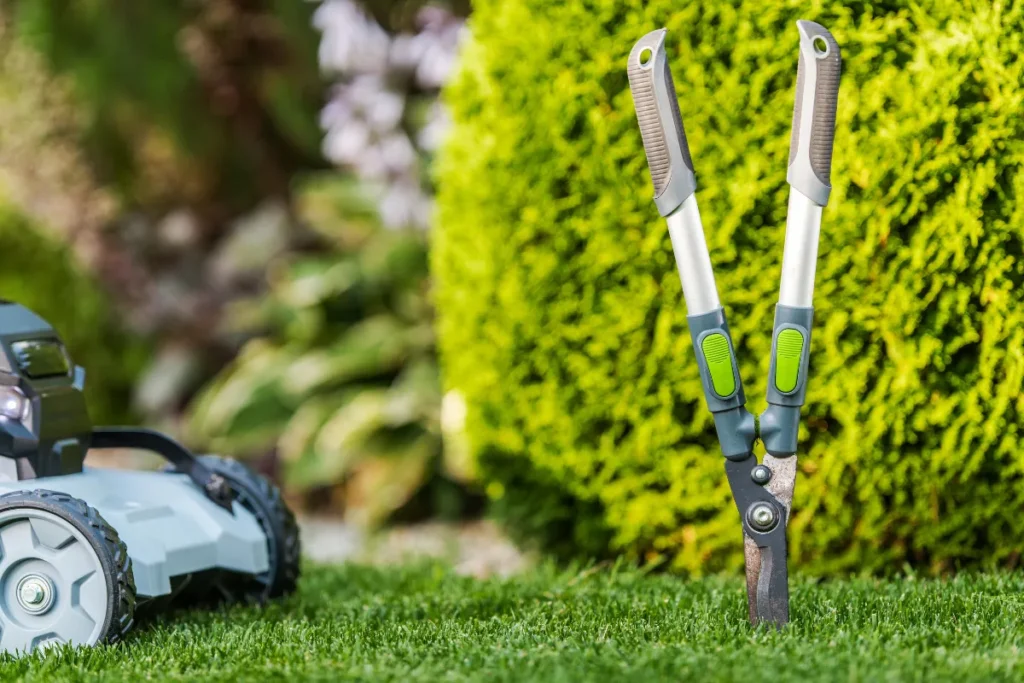
Perennial flowers, once established, return year after year without the need for replanting.
This longevity reduces gardening effort and costs, making them ideal for low-maintenance landscaping solutions.
Unlike annuals, which demand frequent replanting and care, perennials allow gardeners to enjoy blooms with minimal upkeep.
Environmental Advantages
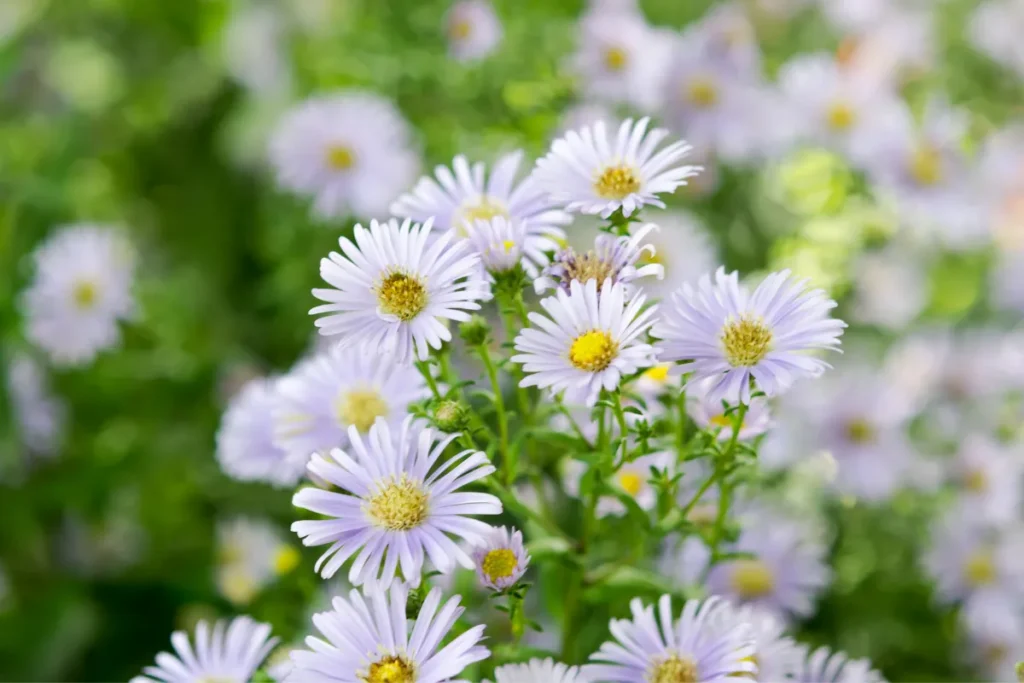
Perennial flowers possess deep, extensive root systems that improve soil structure and water retention, benefiting overall soil health.
They also typically require fewer pesticides and fertilizers compared to annuals, promoting environmentally friendly gardening practices.
Seasonal Appeal

Perennials provide seasonal interest throughout the year, with different varieties blooming from early spring to late fall.
This ensures continuous blooming and maintains garden visual appeal across seasons, offering a mix of colors and textures.
Diverse Selection
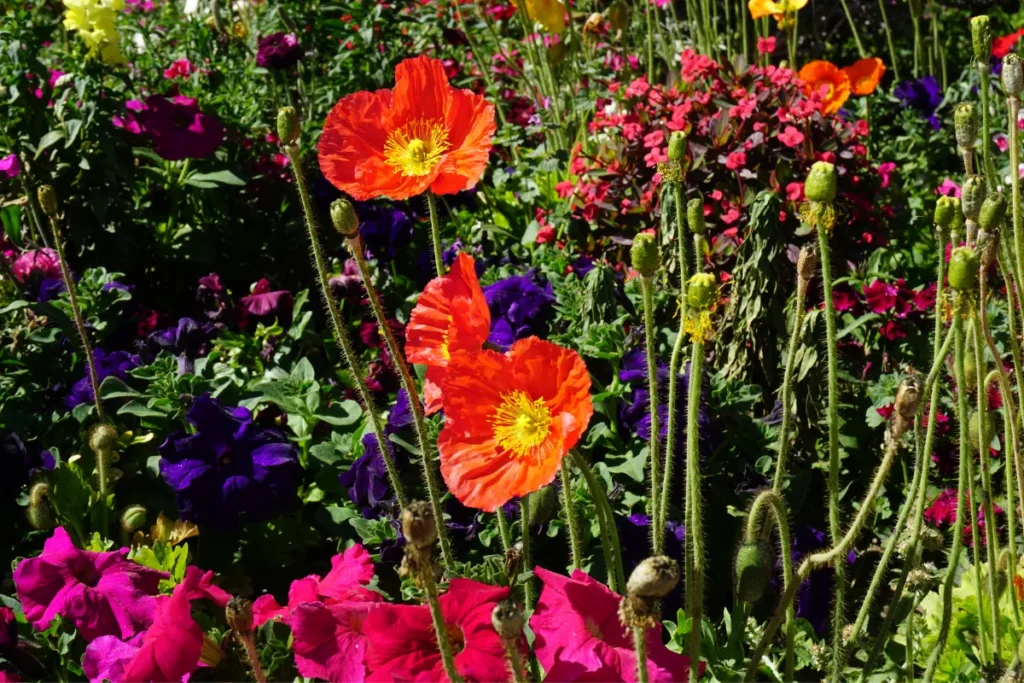
The variety of perennial flowers available caters to diverse climates, soil types, and aesthetic preferences.
From the delicate blooms of peonies to the vibrant hues of daylilies, gardeners can choose perennials that suit their garden style, enabling creative combinations and personalized landscapes.
Wildlife Attraction
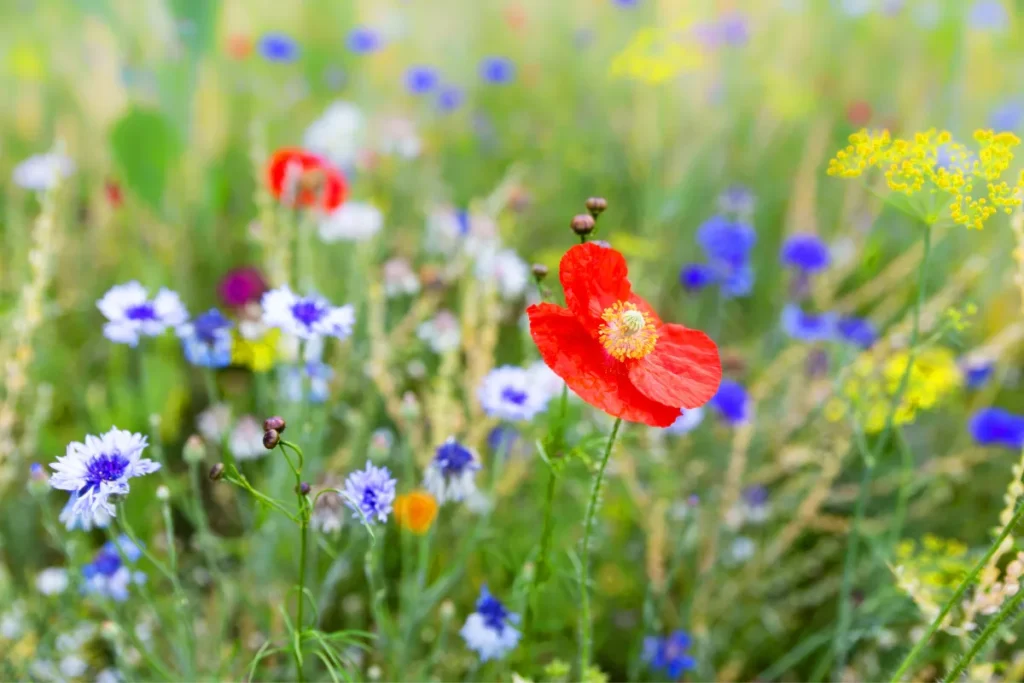
Perennial gardens attract beneficial wildlife such as bees, butterflies, and hummingbirds, crucial for pollination and biodiversity conservation.
By planting perennials, gardeners contribute to supporting wildlife populations and creating habitats that sustain various species.
Economic Value
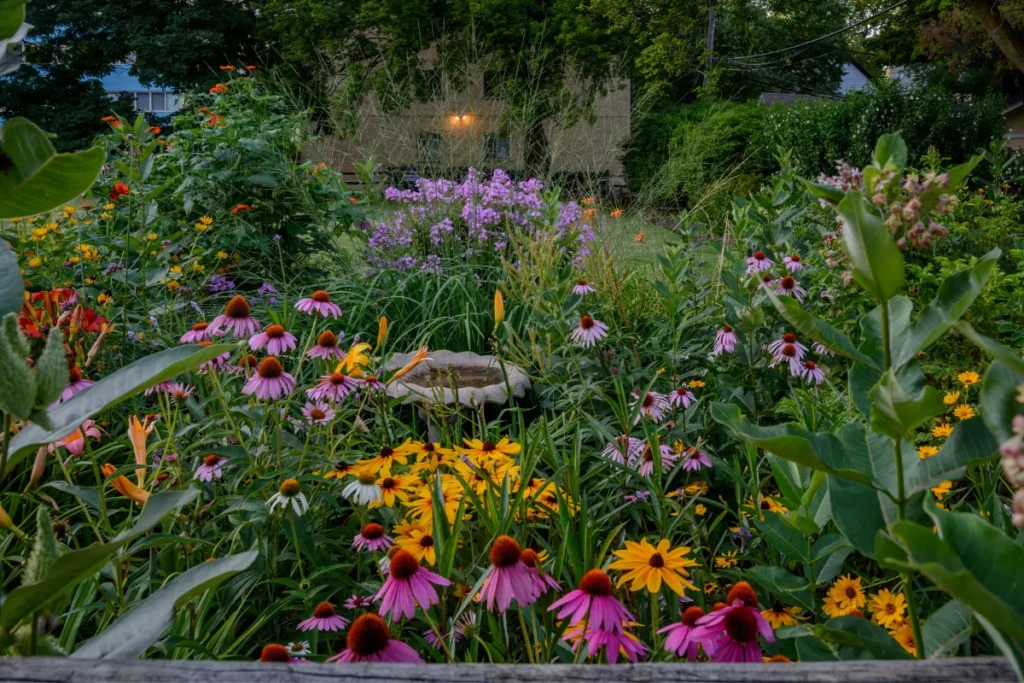
Despite initial higher costs compared to annuals, perennials offer long-term value through reduced replanting needs and increased garden longevity.
Well-established perennial gardens can also enhance property value, making them a wise investment over time.
Adaptability and Durability
Perennial flowers are resilient to weather fluctuations and require less maintenance once established, making them suitable for sustainable gardening practices.
Their adaptability accommodates various garden styles and ensures consistent garden performance.
Educational and Therapeutic Benefits
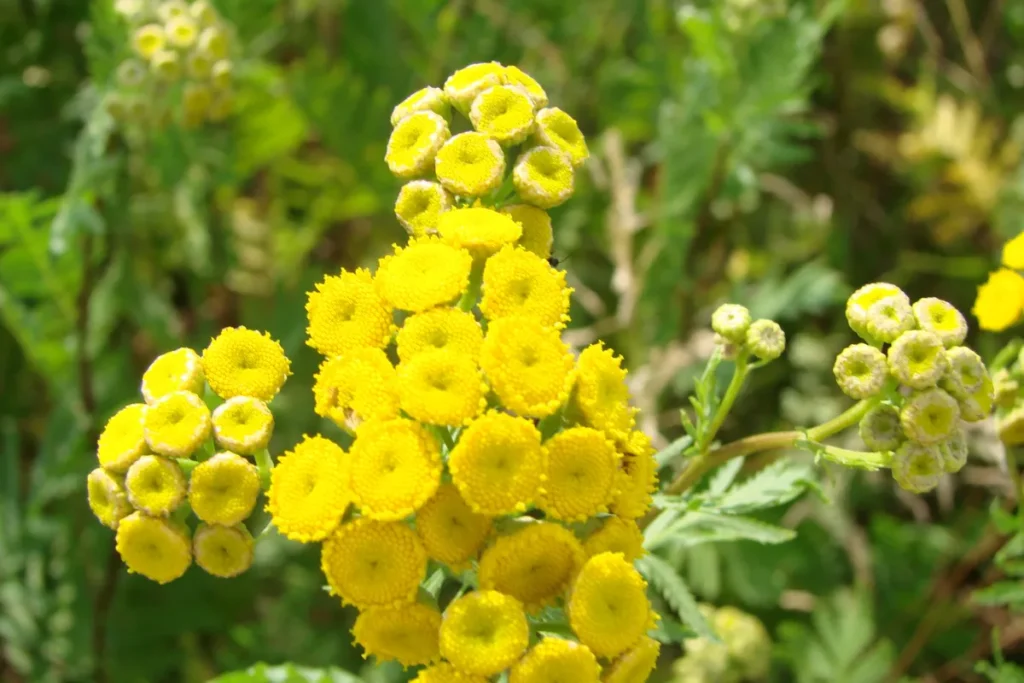
Gardening with perennial flowers provides educational opportunities about plant life cycles and ecosystem dynamics.
It also offers therapeutic benefits, promoting relaxation and mental well-being through nurturing plants and observing their growth.
Cultural Significance
Certain perennial flowers hold cultural symbolism, adding deeper meaning and personal connection to gardens.
Understanding these symbolic values enriches the gardening experience and fosters a sense of cultural appreciation.
Community Engagement
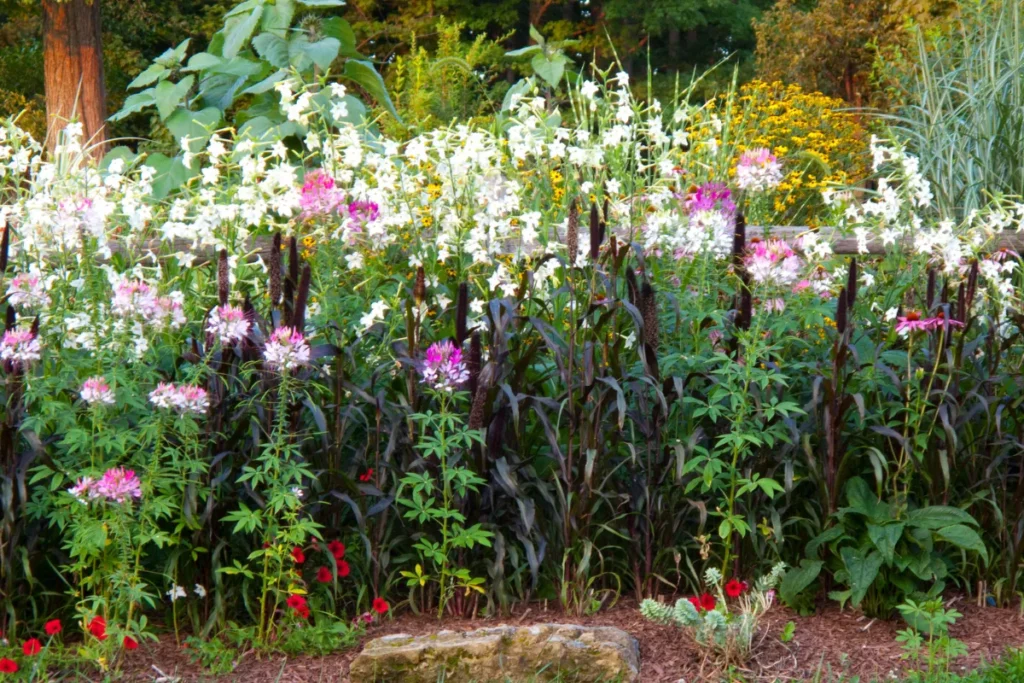
Perennial gardens often serve as hubs for community interaction, where gardeners share plants, seeds, and gardening knowledge.
This fosters camaraderie and strengthens community bonds, promoting a shared passion for perennial gardening.
In conclusion
Perennial flowers bring enduring benefits to gardens, enriching lives through their longevity, environmental contributions, aesthetic appeal, and cultural significance.
Whether starting a new garden or enhancing an existing one, integrating perennials ensures a sustainable and vibrant landscape that evolves beautifully year after year.
Embrace the beauty of perennials and experience the joy of gardening that transcends mere cultivation, connecting us deeply with the natural world.

